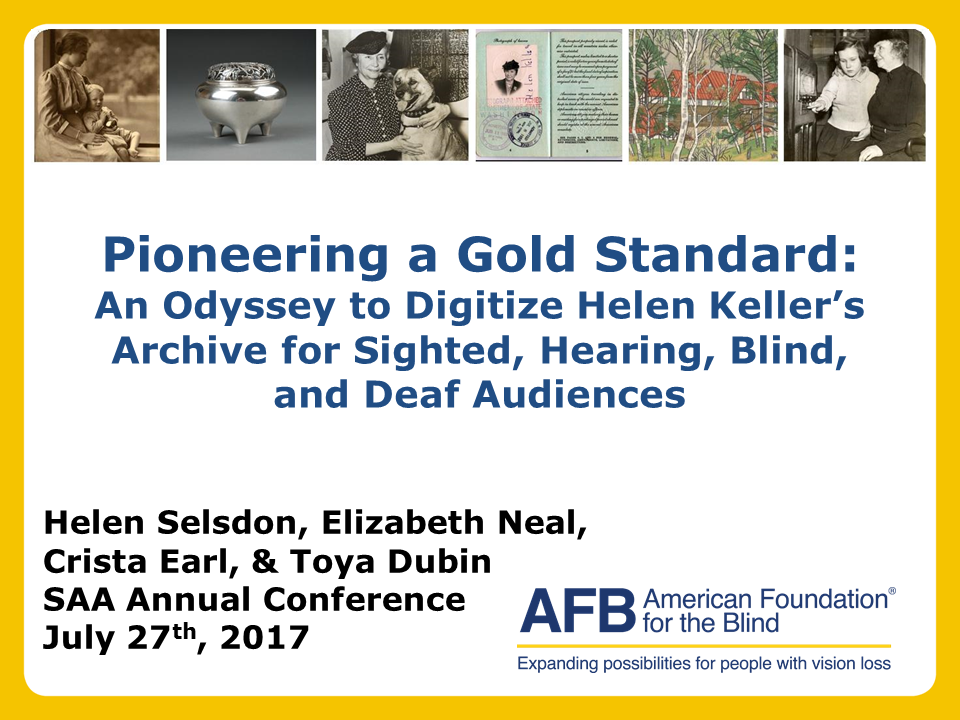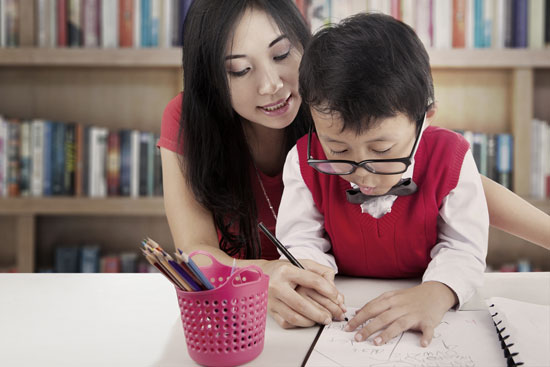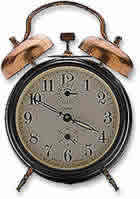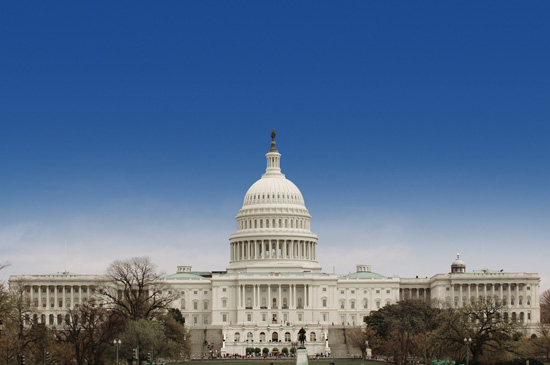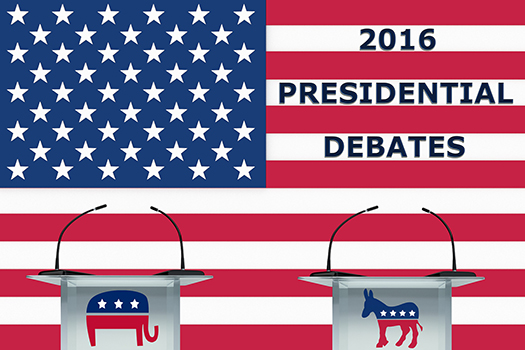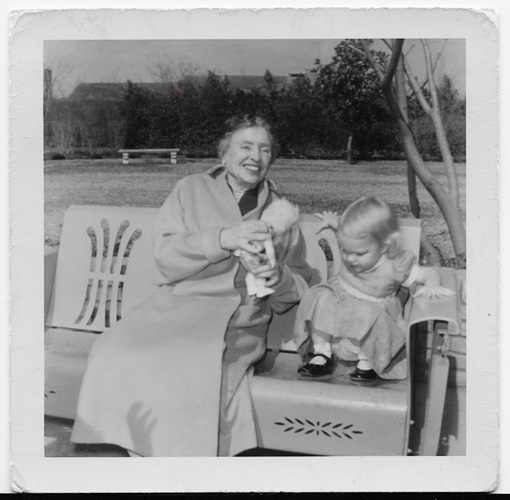Students who are blind or visually impaired should have the same educational opportunities and programs as their peers without disabilities. Through research, advocacy, and policy initiatives, AFB is working to create a world of no limits for students who are blind or have low vision. We speak up for children who are blind or visually impaired, to make sure every student has an equal opportunity to succeed.
"What do I consider a teacher should be? One who breathes life into knowledge so that it takes new form in progress and civilization."
- Helen Keller in a speech to the National Education Association, 1938
This week, we pay homage to teachers and the tireless work they perform and the meaningful impact they have on our children's lives. Teachers of students who are visually impaired work with a wide variety of students every day. They provide educational services to students of all ages and ability levels who are learning academic skills, as well as skills needed for success outside of the classroom.
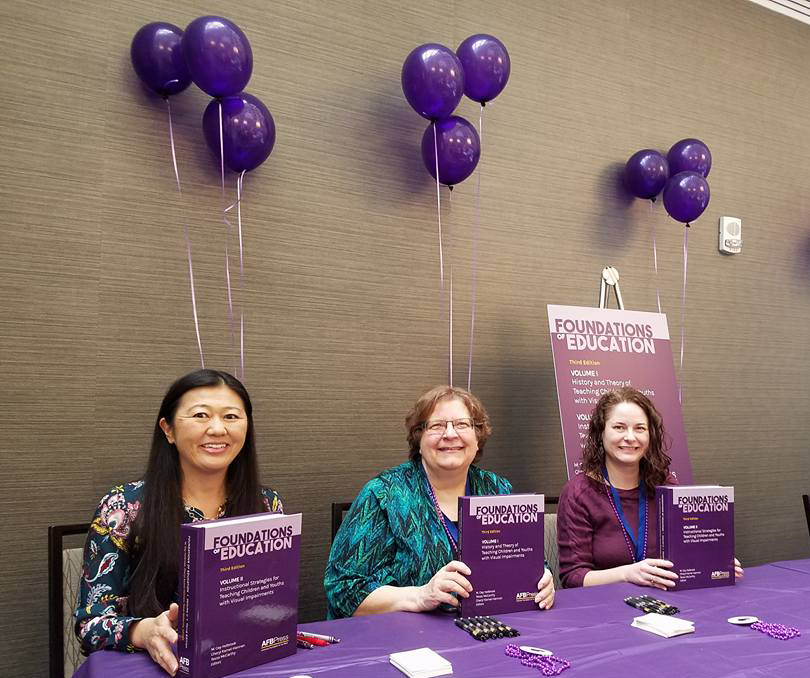
On March 3, 1887—130 years ago to the day—Annie Sullivan arrived in Tuscumbia, Alabama. The minute Annie met six-year-old Helen Keller, she began to sign into her hand, laying the foundation for Helen’s education.
On Wednesday, March 1, more than 120 advocates for children who are blind, visually impaired, deaf, hard of hearing, or deafblind will visit congressional offices in Washington, D.C., sharing their stories and asking our new Congress to rally behind students with sensory disabilities in support of the newly reintroduced Cogswell-Macy Act.
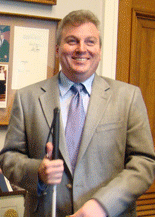
The upcoming presidential debates have me thinking about what I might ask the candidates if I were a debate moderator. It isn’t often that disability issues get front-and-center attention during a nationally televised event like a presidential debate, let alone issues specific to people who are blind or visually impaired.
But what if they did?
The American Foundation for the Blind (AFB) has awarded its 2016 scholarships to eleven outstanding students who are blind or visually impaired and are pursuing their studies at institutions of higher education. The grants support one of AFB’s most important goals: expanding access to education for students with vision loss.
The awardees are as follows:
